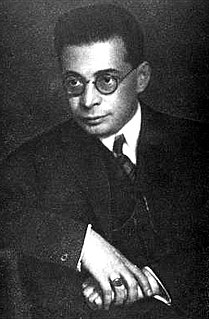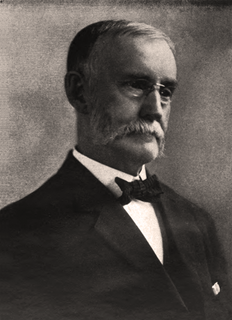A Quote by Ralph Waldo Emerson
In the last analysis, love is only the reflection of a man's own worthiness from other men.
Related Quotes
When we can let go of what other people think and own our story, we gain access to our worthiness—the feeling that we are enough just as we are and that we are worthy of love and belonging. When we spend a lifetime trying to distance ourselves from the parts of our lives that don’t fit with who we think we’re supposed to be, we stand outside of our story and hustle for our worthiness by constantly performing, perfecting, pleasing, and proving. Our sense of worthiness—that critically important piece that gives us access to love and belonging—lives inside of our story.
A man is not merely a man but a man among men, in a world of men. Being good at being a man has more to do with a man’s ability to succeed with men and within groups of men than it does with a man’s relationship to any woman or any group of women. When someone tells a man to be a man, they are telling him to be more like other men, more like the majority of men, and ideally more like the men who other men hold in high regard.
Thus we can get the correct answer for the probability of partial reflection by imagining (falsely) that all reflection comes from only the front and back surfaces. In this intuitively easy analysis, the 'front surface' and 'back surface' arrows are mathematical constructions that give us the right answer, whereas .... a more accurate representation of what is really going on: partial reflection is the scattering of light by electrons inside the glass.
The tenets of [the Christian life] seem paradoxes to carnal men; as first, that a Christian is the only freeman, and other men are slaves; that he is the only rich man, though never so poor in the world; that he is the only beautiful man, though outwardly never so deformed; that he is the only happy man in the midst of all his miseries.
Man works primarily for his own self-respect and not for others or for profit. . . the person who is working for the sake of his own satisfaction, the money he gets in return serves merely as fuel, that is, as a symbol of reward and recognition, in the last analysis, of acceptance by ones fellowmen.
Have you said 'I LOVE YOU' to * Yourself * today? If YOU Haven't, then you can certainly imagine how many others haven't. The World is simply a reflection of who we are. Perhaps it's time to Fully Embrace and Love the One you see in the mirror. This 'Reflection' is The Greatest Gift we can give to each other. Infinite Love to All.
As he loves us, he would have us love others. We say men are not worthy of such friendships. True, they are not. Neither are we worthy of Christ's wondrous love for us. But Christ loves us-not according to our worthiness-but according to the riches of his own loving heart! So should it be with our giving of friendship-not as the person deserves-but after the measure of our own character.
As I see it, creative achievement is the very heart of the human enterprise... The destiny of man, of all men and of each man, is that he is condemned to invent what he will be - condemned if he is fearful but blessed if he welcomes the great adventure. We are responsible in the last analysis, not simply for what we are, but for what we will become; and that is a source of either high excitement or distress.








































